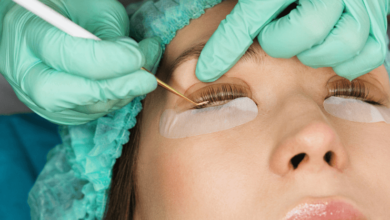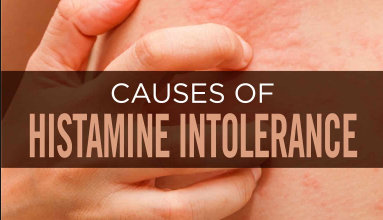Do Motorcycle Accidents Cause Post-Traumatic Stress Disorder (PTSD)?

Post-traumatic stress disorder or PTSD has numerous causes, including serious motorcycle accidents. PTSD is a mental disorder triggered by a horrific event, and motorcyclists can have such responses after they’ve crashed. It’s more than a feeling of anger or guilt—it affects a victim’s daily life.
What Are the Symptoms of Post-Traumatic Stress Disorder Following a Motorcycle Accident?
While some motorcyclists experience symptoms within a short time, others may not know they have PTSD for months or even years after an accident. Riders with post-traumatic stress disorder may endure one or more of these symptoms.
- Persistent, generalized anxiety triggered by the mere sight of a motorcycle
- A refusal to submit to medical testing
- Insomnia
- Nightmares
- An inability to form close connections with others
- Suicidal ideations
The most notable difference between a normal post-accident reaction and PTSD is the latter’s effect on a person’s daily life. When a rider suffers from PTSD, they constantly replay the event in their mind, get stressed easily, and avoid things, places, and people that trigger bad memories. If you’ve been affected by a motorcycle accident, visit nicolettilawfirm.com to schedule an appointment with us.
Can a Rider Recover Damages for Accident-Related PTSD?
In some instances, injured riders may file claims to recover for PTSD and other mental injuries. Our firm will take the following steps to assist in a client’s recovery.
- Providing proof. We’ll show that your condition has been diagnosed by a doctor, and we’ll also prove that there’s a link between the accident and your PTSD.
- Showing that the at-fault party contributed to the event. Next, we’ll demonstrate that the other driver’s reckless or negligent actions caused your accident.
When you’re suffering the mental effects of a motorcycle accident, time is not on your side. Call or click today to schedule a consultation with a local injury attorney.
Can A Rider’s Recovery be Reduced or Eliminated?
Florida follows the comparative negligence doctrine, which may reduce or bar a potential recovery. For instance, if a rider is found to be 20% responsible for his or her accident, they’d be entitled to receive 80% of the total settlement.
Because the state uses the rule of pure comparative negligence, it’s still possible to make a recovery no matter how much of the blame you’re assigned. If you’ve been in a motorcycle accident and are suffering from PTSD because of it—even if the event was partially your fault—there’s legal help available.
Filing a Claim for PTSD Compensation
Like all other states, Florida has rules on filing claims after motorcycle accidents. Victims must submit their claims within four years of the date of an accident. If no action is taken within that time, there’s no chance of recovery.
How Does a Motorcyclist Prove That They’ve Suffered PTSD From an Accident?
A victim must have his or her condition diagnosed by a physician to prove that they’re suffering from accident-related post-traumatic stress disorder. Medical witnesses can explain in court, via an affidavit, or in a deposition the connection between PTSD and the accident.
Victims sometimes ask other witnesses to document their condition. Friends, spouses, and co-workers may show how a person’s conduct has changed and how PTSD has affected their life. Our lawyers will determine if witnesses can help build a stronger case.
Getting Compensated
PTSD compensation may include medical bills, prescription costs, lost income, diminished earning capacity, pain, suffering, and mental anguish. Victims should keep financial records, track time away from work, and write about their feelings in a journal. All this information will help an attorney document the level of loss and suffering a client has endured.
We Will Help
Our team will negotiate with the other party’s insurer to reach a fair settlement for a rider’s PTSD. If these negotiations are unsuccessful, we’ll gather evidence and present the case in court. Request more information online or call us to book a no-obligation consultation.





